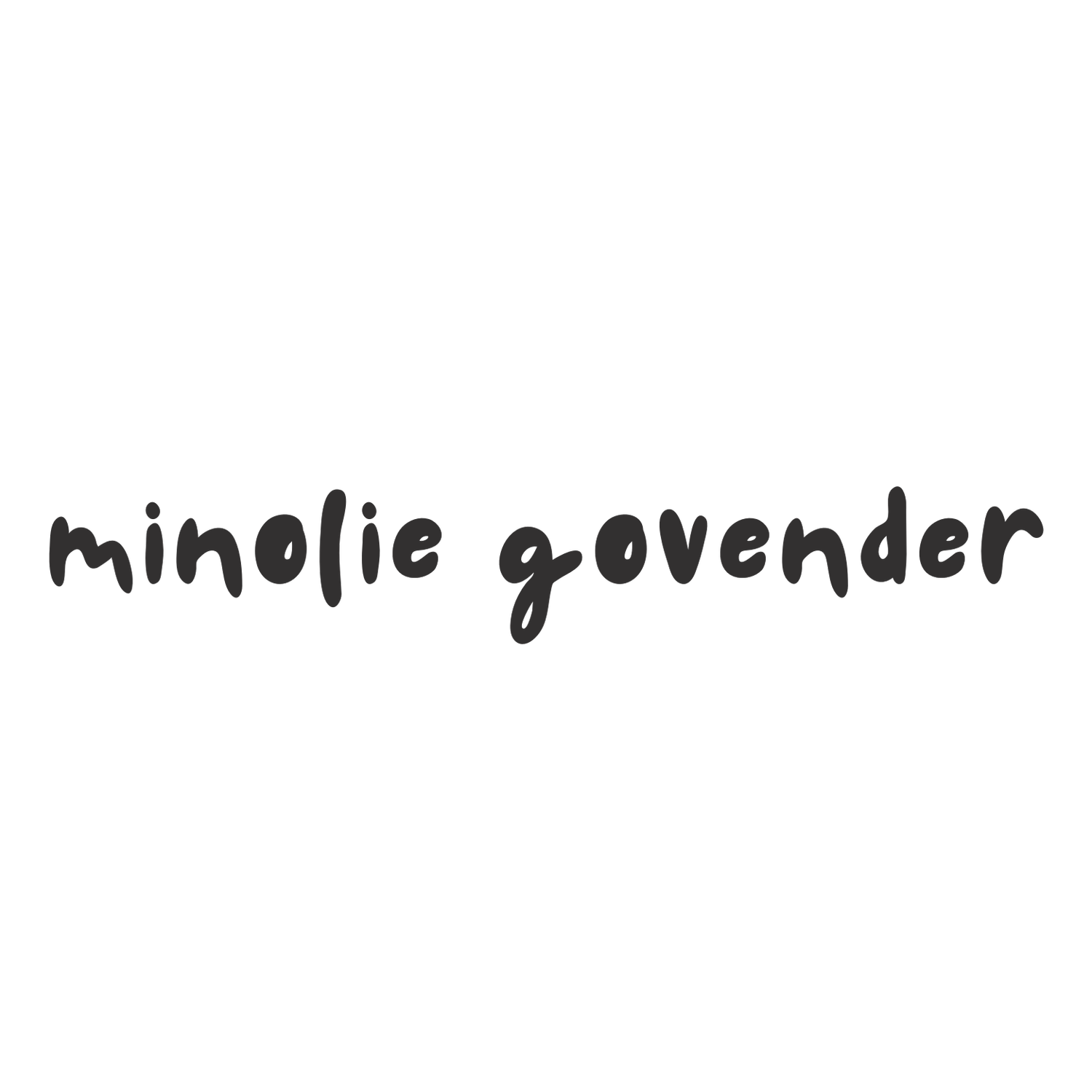Conversation not competition
Some thoughts on what individuals and workplaces owe each other
Ever heard someone say “Back in the day, the workplace took care of you?”. This was the 1980's, a time when retirement benefits were generous and many people stayed with one employer for life. But by the early 2000s, the contract shifted to be more transactional: follow the rules, and you will be paid for your time. Today many people I coach or work alongside self-advocate and manage their own career progression, job security and wellbeing. Sound familiar?
This change reflects a shift in the psychological contract, a term first used by Denise Rousseau of Carnegie Mellon in 1995, to describe the unwritten expectations between employers and employees. So why does this matter? Well, I suspect we are at a turning point, again.
The pandemic reshaped what people expect from work, not just pay or perks, but space for wellbeing through having purpose, and a life outside of work. People are still working in the same systems, but their values have changed. Wellness is no longer a niche, it is mainstream. More people are embracing therapy, coaching and holistic health. My mum and aunt for example, have a weekly sauna ritual. So, if we can normalise individual agency like prioritising wellbeing in our personal lives, why not in the workplace too?
But, workplaces are also stepping up:
Mental health strategies that go beyond EAP and lunchtime yoga, to address real life problems
In house coaching teams that address the human drivers of productivity
Mental health leave balances
Yet people are still quitting jobs or going through major life pivots - many because they are done trying to thrive in systems that are not made for them. I suspect this is because we are often expecting binary answers to complex needs - yes or no, take it or leave it. Instead of this, wouldn’t it be more useful to make space for nuance - to be flexible with one another on needs and expectations and for honest dialogue?
This is where coaching can also play a role, not just in supporting people through burnout or change but in helping them advocate for themselves within systems that aren’t designed with their wellbeing in mind and in working with organisations to create teams that are productive and give people freedom to live.
💭 Instead of a hard yes/no, let’s shift to hearing each other out first:
For HR leaders, decision-makers: What shifts have you seen, or wish to see in workplace psychological contracts?
For individuals: What is one change you successfully negotiated (or wish you could) to prioritise your wellbeing at work?
🧠 Let’s swap insight for insight, maybe we’ll find clues for better ways forward, together.
